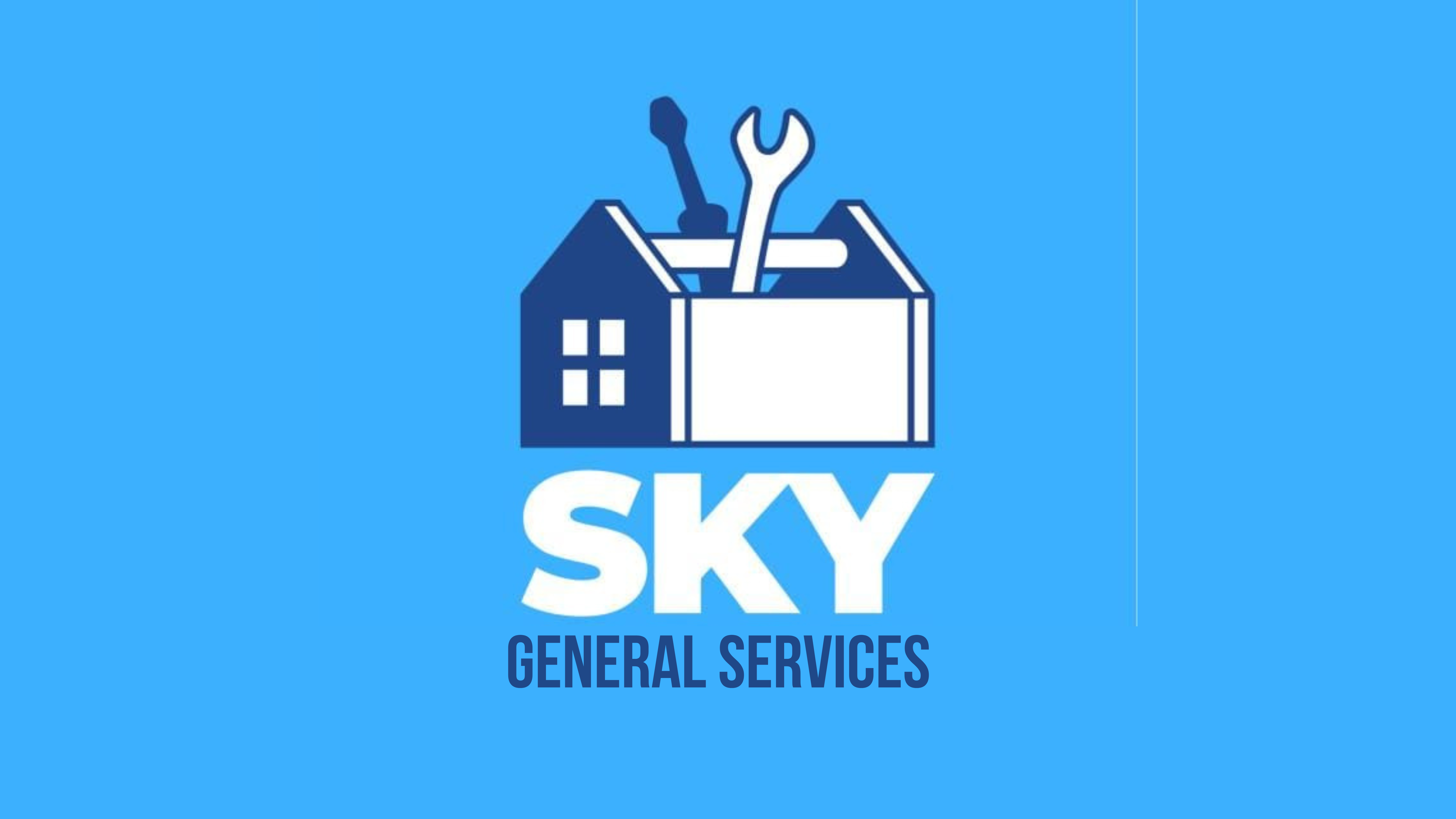What is Home Equity?
Índice
Home equity refers to the portion of a homeowner’s property that they truly own, calculated as the difference between the current market value of the home and the outstanding mortgage balance. This financial concept is crucial for homeowners and real estate investors alike, as it represents a significant asset that can be leveraged for various financial needs. Understanding home equity is essential for making informed decisions about home improvements, refinancing, or even selling a property.
How is Home Equity Calculated?
To calculate home equity, one must first determine the current market value of the home. This can be done through a professional appraisal or by analyzing comparable properties in the area. Next, subtract the total amount owed on any mortgages or liens against the property. For example, if a home is valued at $300,000 and the mortgage balance is $200,000, the home equity would be $100,000. This calculation is vital for homeowners considering renovation projects, as it can influence financing options.
The Importance of Home Equity
Home equity plays a crucial role in a homeowner’s financial health. It can serve as a source of funding for home improvements, educational expenses, or emergency costs through home equity loans or lines of credit. Additionally, increasing home equity can enhance property value, making it a key consideration for families and investors looking to maximize their investment. Understanding the importance of home equity can lead to better financial choices and improved home value over time.
Home Equity Loans vs. Home Equity Lines of Credit (HELOCs)
Home equity loans and HELOCs are two popular ways to tap into home equity for financing needs. A home equity loan provides a lump sum amount with a fixed interest rate, which is repaid over a predetermined period. In contrast, a HELOC offers a revolving line of credit, allowing homeowners to borrow as needed, similar to a credit card. Both options have their advantages and disadvantages, and understanding these can help homeowners make informed decisions about funding their remodeling projects or repairs.
Using Home Equity for Home Improvements
Many homeowners leverage their home equity to finance home improvement projects. Whether it’s a kitchen remodel, bathroom renovation, or siding repair, using home equity can provide access to necessary funds while potentially increasing the property’s value. However, it is crucial to ensure that the cost of the improvements does not exceed the potential increase in home value. This strategic approach can lead to a profitable investment in the long run.
Transform Your Home with Expert Renovation Services
Upgrade your home with professional siding repair, painting, deck renovation, kitchen, and bathroom remodeling. Quality craftsmanship for lasting beauty and value. Get your free quote today!
Get a Free EstimateThe Risks of Tapping Into Home Equity
While accessing home equity can offer financial benefits, it also comes with risks. Borrowing against home equity increases the total debt burden on the property, which can lead to financial strain if not managed properly. Additionally, fluctuations in the housing market can affect home value, potentially resulting in negative equity if property values decline. Homeowners should carefully consider their financial situation and the potential risks before tapping into their home equity.
Home Equity and Property Value
Home equity is intrinsically linked to property value. As property values increase, so does home equity, and vice versa. Homeowners should be aware of market trends and how they impact both home equity and overall financial stability. Engaging in regular maintenance and improvement projects can help sustain or enhance property value, ultimately benefiting home equity. Understanding this relationship is essential for homeowners looking to make informed financial decisions.
Tax Implications of Home Equity
Home equity loans and HELOCs can have tax implications that homeowners should consider. Interest paid on these loans may be tax-deductible if the funds are used for home improvements, subject to certain conditions set by the IRS. It is advisable for homeowners to consult with a tax professional to understand how leveraging home equity can affect their tax situation. Being aware of these implications can lead to better financial planning and decision-making.
Conclusion
In summary, understanding home equity is vital for homeowners, real estate investors, and families seeking to enhance their properties. By leveraging home equity wisely, homeowners can finance renovations, increase property value, and secure their financial future. Engaging with experts in home improvement services can further enhance the benefits of home equity, ensuring that investments lead to lasting value.
